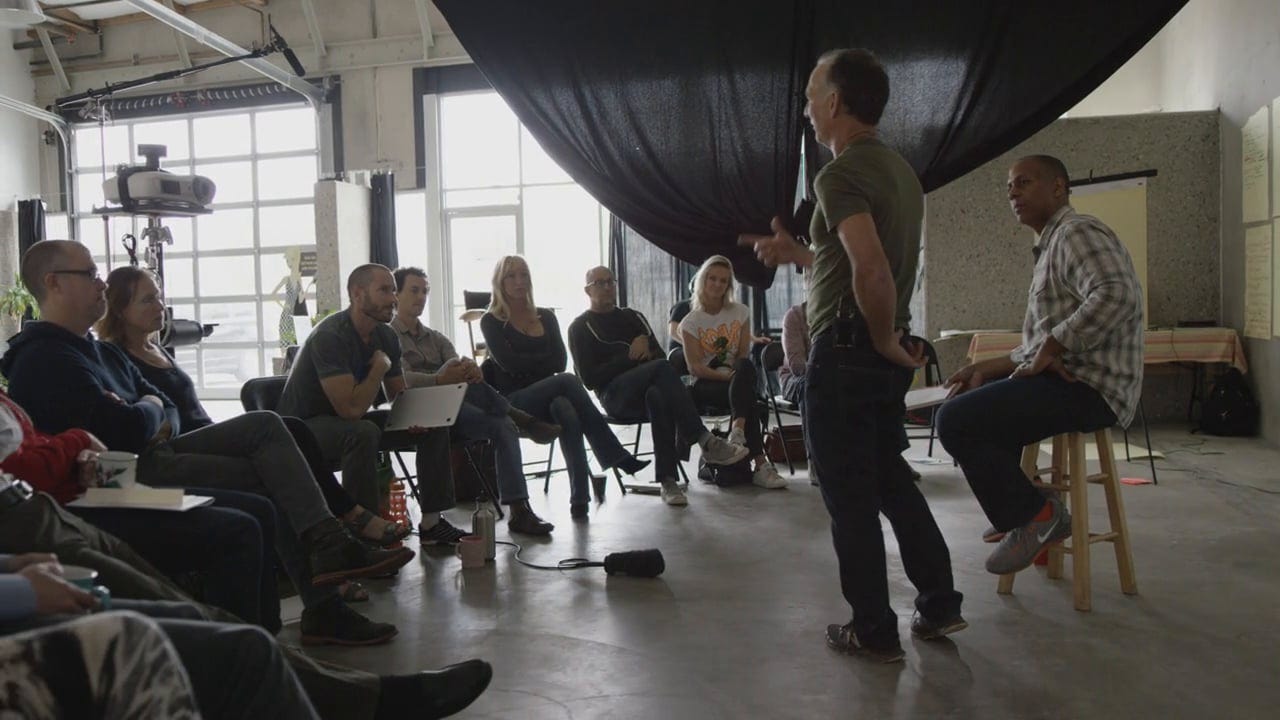
The Challenge of COMMON Scale
Institutional maturity is one of the critical milestones on the path toward a long life, for any brand. Such is the case with COMMON as it celebrates its first five years. And that is awesome cool.
But of all there is to cheer from what Mark says above, I am most celebrating the prescient decision to turn COMMON into the first truly collaborative brand for social enterprises in the world, a move that might very well pull off what would be a significant global miracle.
The market fundamental to digest in this context is the absolutely HUGE role social enterprises are sure to play in the coming years and decades, the predictable result of several overwhelming and unavoidable trends.
Topping the list is climate change. By all indications, the world will blow past the 2-degree Celsius planet boundary by mid-century, triggering a string of consequences we are just now beginning to grasp, and to feel. Social enterprises hold the key to the solutions. They will also be the firms on the front lines of the massive adjustments people will have to make.
Speaking of people, they are the second seismic trend. Global population is now expected to peak at 12 billion by roughly 2060, an astonishing 70% increase over the 7.2 billion alive today, and almost entirely concentrated in emerging markets. They AND the 7.2 will need far more food and materials than the planet will probably be physically able to provide, a quagmire far more suitable for social enterprises to solve than for traditional business, since the former exist on a people-first paradigm at the local, granular level, while the latter operate on a profit-first market logic that more often than not ignores the sort of consequences to be created by population explosion.
Then there is inequality. It is already a social cancer, and any sensible analysis tells us the reasons that made it so are likely to remain with us for the remainder, and perhaps worsen, making social enterprises ever more central to life. The raw pace of change, for one, is bound to continue leaving far too many people behind. New-skill acquisition is simply too slow to keep up. Another driver is globalization; people and companies become richer when they globalize, while those who stay local — far more numerous, to boot — tend to be less well off. It is the brutal arithmetic of scale.
Oh, yeah, scale. It is the great unsolved paradox of the social enterprise. These and other trends — space does not allow a more thorough exposition — mean that we need social enterprises to grow to the scale of the monumental challenges ahead. But the nature of a social business means they will likely remain, on average, as Mark says, small and generally underfunded and ill-equipped.
And that is precisely where the new COMMON enters the picture. By sharing the brand — becoming, as it were, COMMON or CM companies, instead of remaining purely independent and isolated — these social businesses gain incalculable strength-in-numbers, and strength in brand, in the COMMON brand they share. That alone adds tremendous value.
It is not unlike, or should I say very similar to, the sort of corporate networks common in the world of professional services nowadays, as independent owner-operated firms join forces under a single shared global brand to provide global reach to clients and project large-scale capabilities.
But that is just one major benefit, and perhaps not the biggest or most mission-critical. What I see evolving from this COMMON shift is collaboration at a far deeper and truly game-changing level. It is the sort of collaboration we generally fail to see in the usual corporate networks because…well, because each of those independent firms remains a typical corporate animal hell bent on profit above all else.
A global network of social enterprises, on the other hand, will no doubt operate on a whole different level. The brand, you see, is but one driver they share. The other, far more decisive force they share is a core, passionate, for many obsessive drive to save humanity and improve its condition — or as Mark says, reiterating the COMMON mission, to take care of the planet and all the creatures on it.
It will be the glorious conversation among them, the constant collaboration across projects and transactions, the inspiring stories of how they put people first in a way that ALSO generates high profitability — indeed, HIGHER profitability than they would otherwise produce, a connection established consistently by countless studies over the last 30 years.
So as COMMON expands its reach and the number of companies it touches as a brand and a support organization — as Mark says, as it taps into the power, talent and potential of the COMMON community of companies — and as the companies themselves expand their collaborations over time, I would expect to see the impact-at-scale we would not otherwise enjoy. The scale the world so desperately needs.
Call it the COMMON Scale, and can anyone doubt the role this effect can have on the future of the planet.
In other words, by bringing companies together under a single brand, COMMON will provoke their proliferation. That is scale, to be augmented by the collaboration among them. The whole of the COMMON Community, that is, will have exponentially more scale than sum of its parts.
Our challenge, then, is to make sure this new and improved COMMON goes from dream to institutional maturity in no time. If anything in the global economy must scale, it is this.
